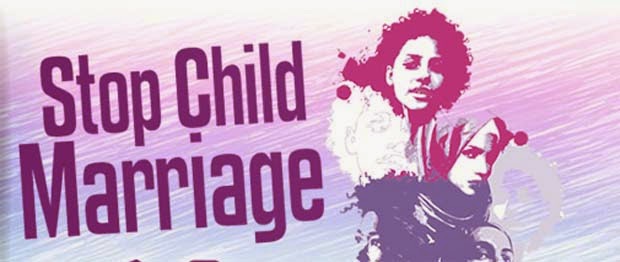Value-addition: Africa’s growth tonic
.jpg)
Lazarus Sauti Africa is known for its abundant resources. It is richly endowed with a variety of natural resources including oil, diamonds, gold, iron, cobalt, uranium, copper, bauxite, silver, petroleum and cocoa beans, woods and tropical fruits. A good number of these rich natural resources-endowed countries are found in the Southern African Development Community region. To show that the continent is resource endowed, five countries dominate Africa’s upstream oil production. Together they account for 85 percent of the continent’s oil production and are, in order of decreasing output, Nigeria, Libya, Algeria, Egypt and Angola. Other oil-producing countries are Gabon, Congo, Cameroon, Tunisia, Equatorial Guinea, the Democratic Republic of the Congo, and Cote d’Ivoire. Exploration is also taking place in a number of other countries that aim to increase their output or become first time producers. Included in this list are Chad, Sudan, Namibia, South Africa and Madagas







